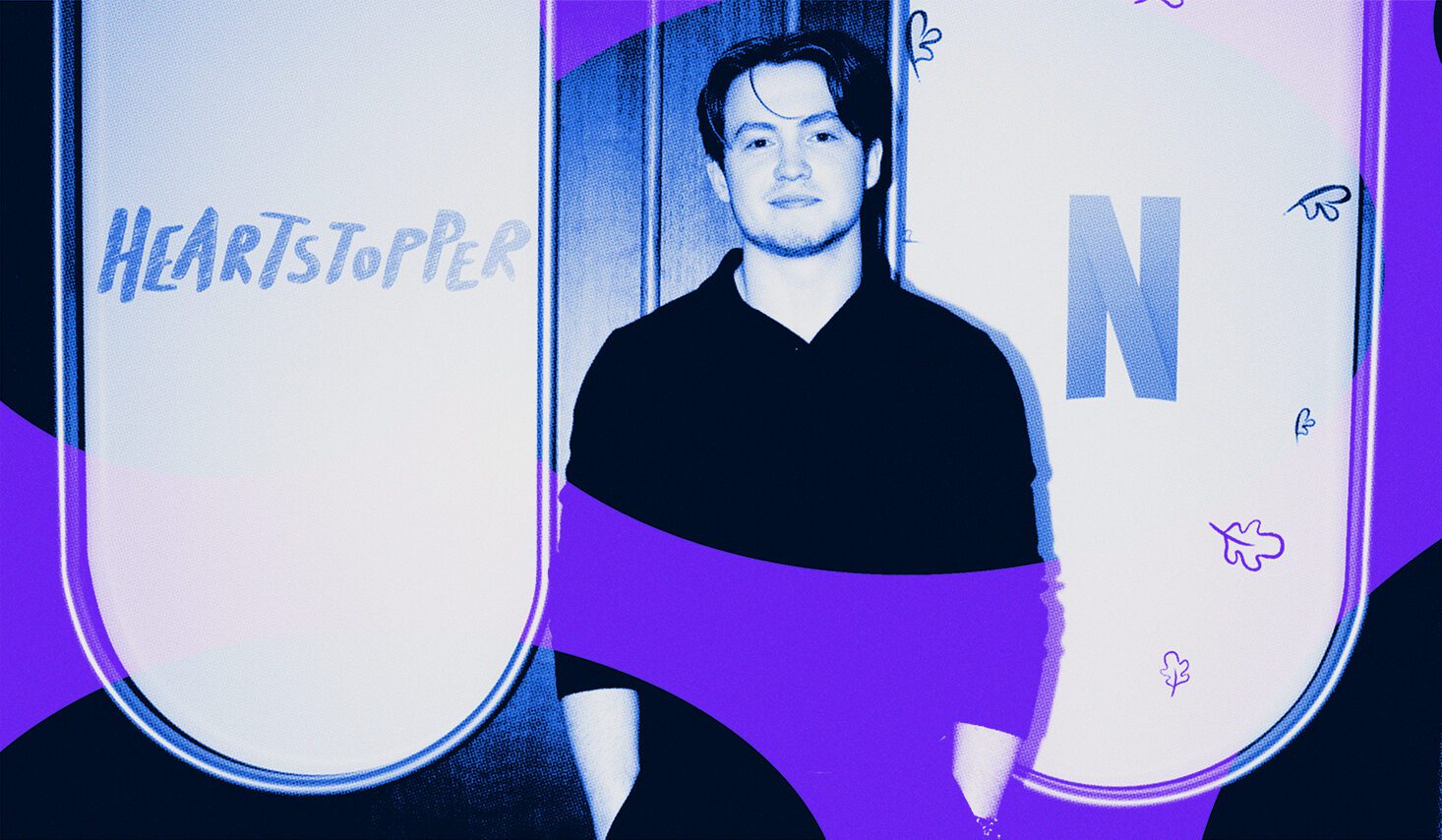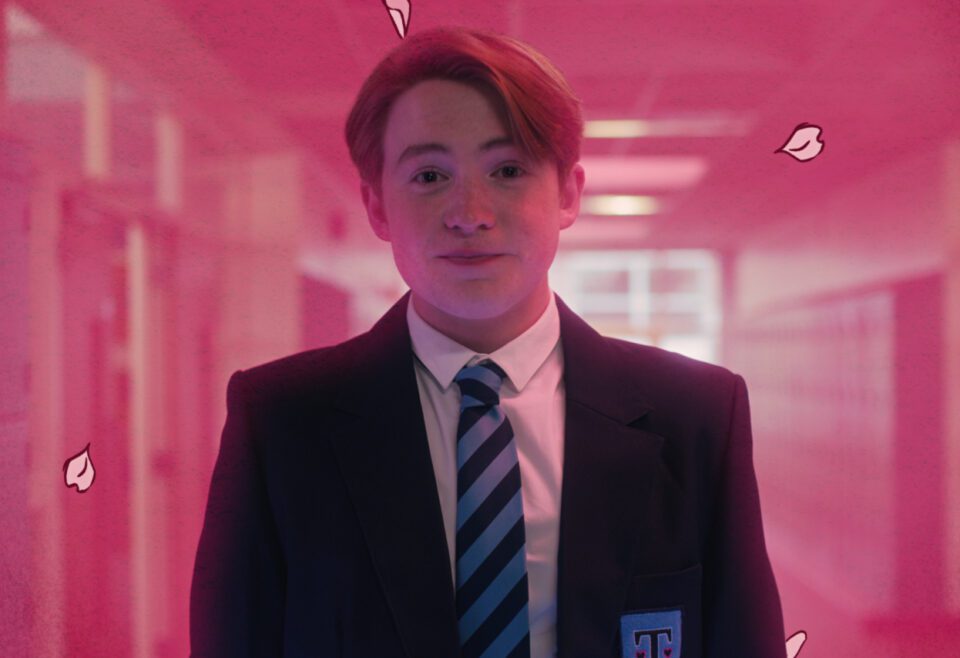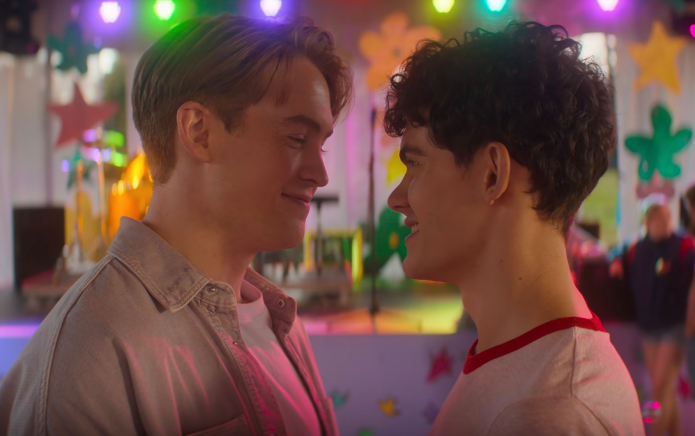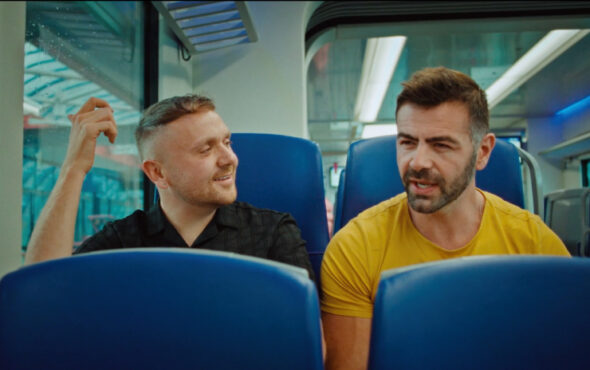
There is growing pressure from the media and public alike for more authentic on-screen LGBTQ+ representation, often placing actors under intense scrutiny. This can even come from TV shows and movies’ biggest fans.
Don’t get me wrong, I love this kind of representation. We deserve it and more authentic representation that reflects our realities back to us. But when the pressure builds, do actors owe it to us to come out and share their private lives?
Heartstopper star Kit Connor recently came out as bisexual, tweeting: “congrats for forcing an 18 year old to out himself.” Kit had faced months of speculation and rumours about his sexuality having to reiterate many times, both online and in interviews, that he did not wish to label himself.
But he was not left alone. The Netflix show brought us tremendous queer representation with many of the stars being open and out. So why was this not enough? Why did the media and public feel the need to pressure someone to out themselves? Must we know the definitive details of an 18-year-old’s personal life?
It should be noted that most of the reactions to Kit’s statement have been overwhelming positive, with fellow castmate Joe Locke responding, “So proud of you my friend.” But why was any of this necessary? Joe in his response also said “You owe nothing to anyone” and while I agree, that doesn’t seem to be the case.
https://twitter.com/kit_connor/status/1587218539236188160
When Rebel Wilson recently came out, I was so happy to see that a huge Hollywood movie star – a household name – was embracing being queer. The fact that young lesbian, bi and queer girls can now grow up seeing her on screen being powerful, funny and successful, and know that they can achieve these things too is brilliant. It’s no small win.
But behind this win, was the truth that Rebel, a human being, was struggling under pressure to come out. She came out at the time she did because of a threat. The star said “my relationship … wasn’t something I was hiding” yet she was robbed of the opportunity to come out in her own time. Something that should be afforded to everyone. Regardless of their fame.
Of course, many LGBTQ+ people condemned the way Rebel Wilson was pressured to come out.
Maybe we have to ask: is this really the progress we are fighting for? Is this the price that some people are paying for our more well-represented screens? Do queer actors owe the queer public candor of their sexuality and gender?
Currently it seems, the answer is yes. The Twittersphere often attacks those playing queer roles but who aren’t open and loud about their sexuality. This leaves little room for nuance. And it’s a hell of a lot of pressure.
In an ideal world, no one would have any reasons not to come out – they would be safe, accepted and loved by everyone. Coming out would maybe even cease to be a concept because being straight wouldn’t be the expected ‘norm’. But that is not today, and our world is not ideal.


So where is the line between demanding better representation and forcing actors into situations that are compromising their privacy, or right to come out in their own time?
Of course, actors do know what they’re getting themselves in for. This kind of media attention is nothing new. We know celebrities will have their personal lives mined for profit by the media. So if an actor is stepping into the limelight they should probably be prepared for people to speculate.
Harry Styles has been accused of queer-baiting for taking on queer on-screen roles and dressing in gender-non-conforming ways. Styles said he wants to live his life in private. Is it OK for him to take up so much room in the queer world but not be upfront about his sexuality? Does his fame mean he owes us an explanation?
To help supply the demand for this kind of representation, casting directors will often send out audition breakdowns saying things like ‘we would love to cast actors who are part of the LGBTQ+ community’. That’s great because LGBTQ+ actors need more routes into the industry.
No one should ever feel pressured into coming out or labelling their identity. If #Heartstopper has taught us anything, it's that we should give each other space and time to be ourselves.
Sending our love to @kit_connor 💜 https://t.co/YT58QTUw9F
— Just Like Us (@JustLikeUsUK) November 1, 2022
But it does not state the actor has to be ‘out’, has to be comfortable sitting in rooms filled with hundreds of people talking about their personal life, with cameras streaming their answers to millions of people at home. Is that part of the job? It’s certainly not in the contract.
The actor’s job is to act, to bring the character to life in a performance for the camera. It is also the actor’s job to engage with the press and promote their show/movie. Has their job now become sharing parts of their personal life whether they want to or not? Where is the line? And how do we know when we’ve crossed it?
Certainly outing someone is crossing the line. But as demand for authentic, genuine LGBTQ+ representation grows, perhaps more stars will face the pressure to come out – perhaps we won’t see that change until we live in a society where people are not automatically assumed to be straight.
Samuel volunteers with Just Like Us, the LGBTQ+ young people’s charity. Sign up now to get involved.



